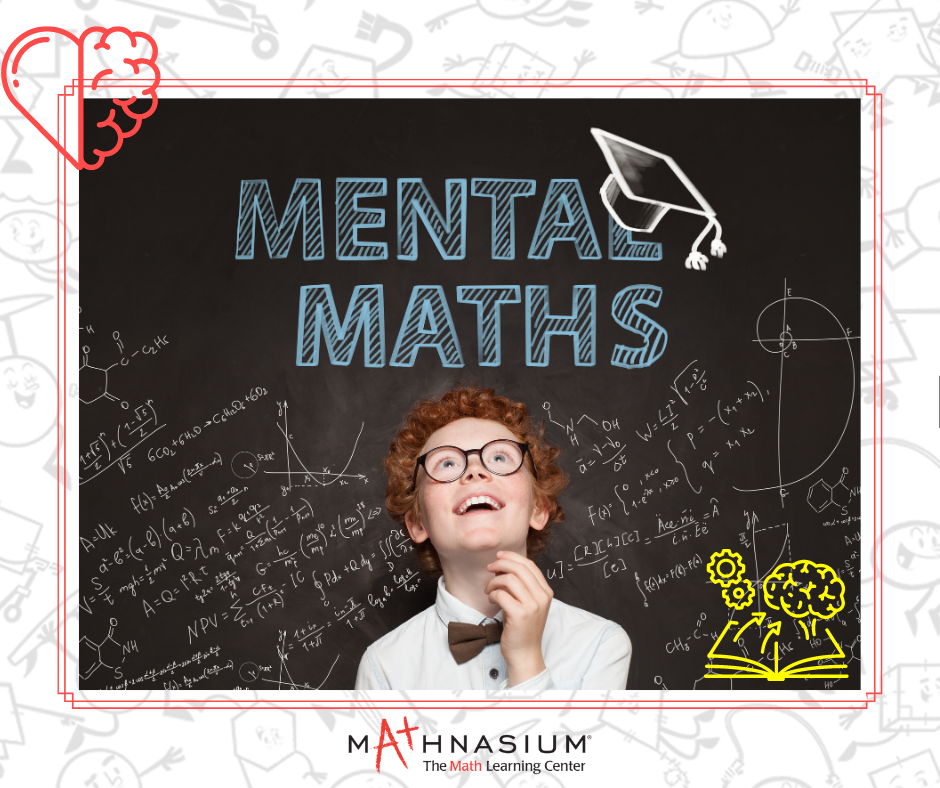In a world increasingly reliant on technology, fostering mental math skills in children is more important than ever. By mentally training their brains to perform calculations, kids can enhance their problem-solving abilities, boost confidence, and develop a lifelong love for mathematics. In this blog post, we will explore the benefits of mental math for kids and provide practical tips to help them excel in this magical realm of numbers.
Strengthening Problem-Solving Skills: Mental math serves as a powerful tool for enhancing children's problem-solving abilities. Children learn to approach mathematical challenges from different angles and develop creative solutions by engaging in mental calculations. Mental math encourages critical thinking, logical reasoning, and the ability to break down complex problems into manageable parts. These skills extend beyond the realm of mathematics, enabling children to tackle real-life situations with confidence and efficiency.
Boosting Confidence: Mastering mental math instills a sense of accomplishment and boosts self-confidence in children. As they tackle calculations mentally, without relying on calculators or written methods, kids realize their own capacity to handle numbers. This newfound confidence spills over into other areas of their academic and personal lives, empowering them to take on challenges with a positive mindset. Mental math also enhances their speed and accuracy, allowing them to complete math tasks swiftly and accurately, further bolstering their self-esteem.
Developing Number Sense and Flexibility: Mental math cultivates a deep understanding of numbers and strengthens number sense in children. Kids develop a sense of number patterns, relationships, and proportions by performing calculations mentally. They become more flexible in manipulating numbers, recognizing numerical properties, and making mental estimations. This number fluency lays a solid foundation for advanced mathematical concepts and paves the way for better comprehension of mathematical operations and problem-solving strategies.
Practical Tips for Encouraging Mental Math:
a. Start early: Introduce mental math concepts at an early age through games, puzzles, and simple exercises.
b. Make it fun: Incorporate mental math into daily activities, such as calculating grocery bills, telling time, or playing math-based games and apps.
c. Break it down: Teach children mental math techniques, such as breaking down numbers into friendly units or using visualizations, like number lines or arrays.
d. Practice regularly: Encourage regular mental math practice to reinforce skills. Daily practice sessions, even for a few minutes, can yield significant improvements.
e. Celebrate progress: Recognize and celebrate milestones and achievements to motivate children to continue their mental math journey.
f. Provide challenges: Gradually increase the difficulty level of mental math exercises to keep children engaged and motivated.
g. Be patient and supportive: Offer encouragement and support, emphasizing the process rather than the end result. Remember that mental math skills develop over time with practice and persistence.
Mental math is an invaluable skill that empowers children with the ability to solve problems efficiently, boosts their confidence, and lays a strong foundation for mathematical understanding. By incorporating mental math into their lives and providing guidance and support, we can unlock the magic of numbers for kids, helping them thrive in the world of mathematics and beyond.











